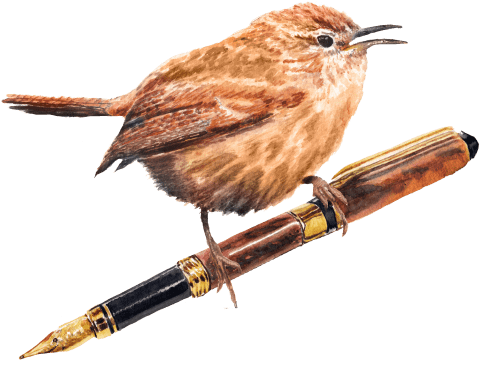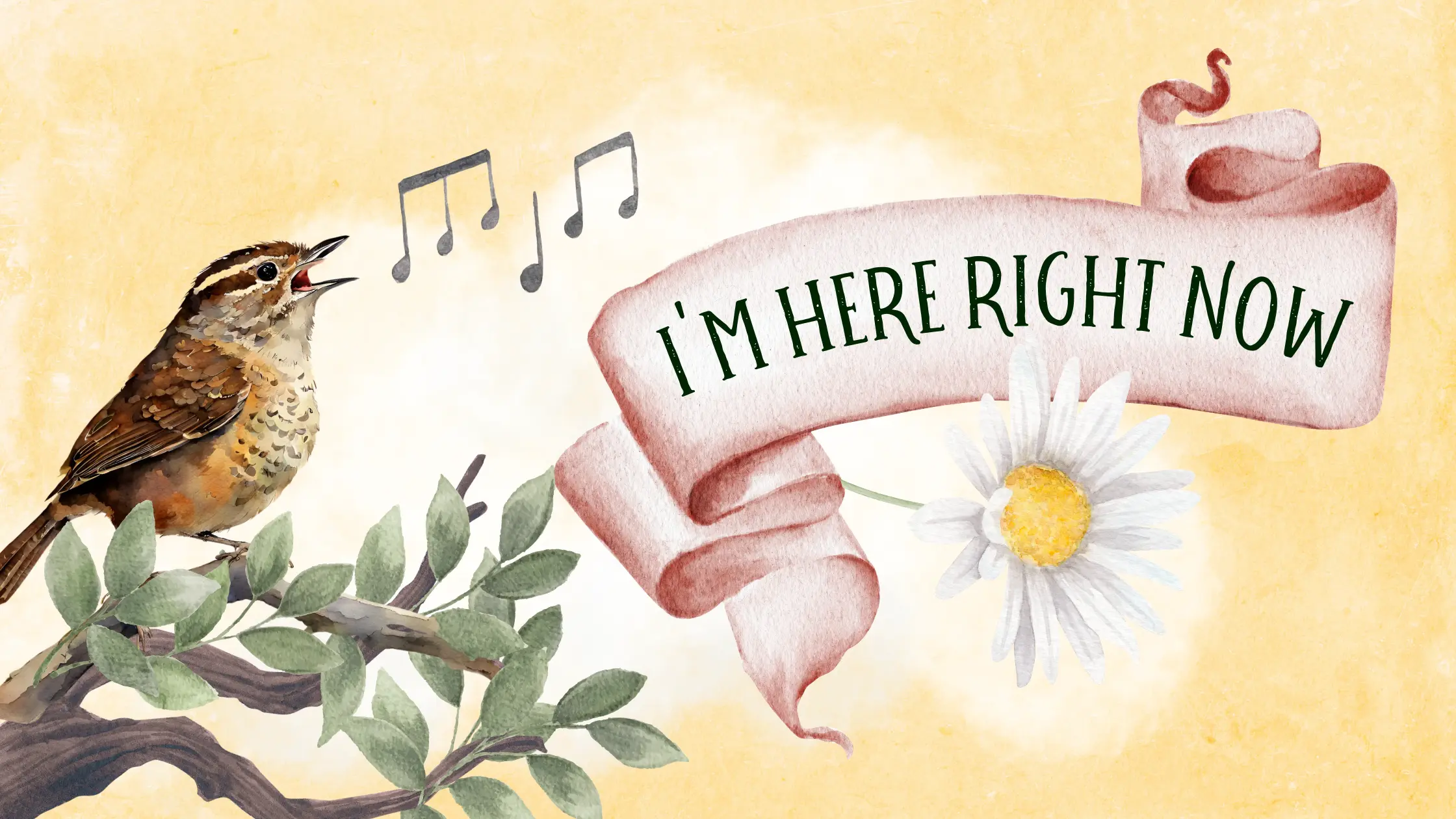I’m Here Right Now
The Piano Man is having a moment and I’m here for it.
Billy Joel recently released his first single in about 30 years. I’ve read several pieces about his return to popular music, some more gracious than others. The one that rankled me the most, as a lifelong Billy Joel fan, was the Washington Post’s critique of Grammy performances, which asked the rhetorical question, “Did the world need a new ballad from Billy Joel?” Their answer: “Probably not.”
What? Why would we not want to hear from one of the greatest storytellers of our generation? Why would we not want to hear from a brilliant artist and observer of the human condition?
“Turn the Lights Back On”, at first listen, is about a romantic relationship at a critical impasse. After waiting for word from Billy all these years, this ballad has a lot to say.
The central question, “Did I wait too long to turn the lights back on?” speaks to my heart. As the daily news brings to light the pain and destruction of these turbulent times, I wonder if I’ve been complacent, too.
Perhaps all is not lost. “I’m late, but I’m here right now.” The singer has shown up, and there’s something to be said for that. The couple in the song’s romance might represent the two-sides-ism of today’s exchanges, a chasm of judgment and misunderstanding between them. In the simple act of showing up, our singer finds the space where a third way might be found.
“But I see you now as we’re laying in the darkness.” Hope enters. We have more in common than not, and in reaching out, we can create a different outcome than we might with our backs turned to each other.
In the second verse, there’s a house on a hill. The inhabitants who were once cozy inside are now stuck in a kind of winter. America has been described as “a shining city on a hill.” We built the house, just as the singer and his loved one did. Yet, we’ve been careless too long; we’ve allowed the house to decay. Can we rehab it? The singer pledges loyalty to the person he knows, now. Or is he speaking to the person his lover could be? Rehabs are dreams built on potential. Will our better angels show themselves?
The song leaves us with the question: “Did I wait too long to turn the lights back on?” I don’t know how the story played out for this couple. I hope they let the healing and forgiveness begin, there in the darkness. It’s late, and we’ve been through a lot, but there’s time for all of us to tell our stories and shrink the divide. To find a common belief in a world where all creation will thrive.
30 years ago, about the time Billy Joel announced he wasn’t going to record any more popular music, I gave a workshop at a conference for college students in downtown St. Louis. I featured Billy’s song “The River of Dreams” to illustrate a theme about personal creativity: That each of us has the creative inspiration, perhaps a calling, to express ourselves in the world. I gave out printed lyrics, and turned the volume up so loud on a clunky TV perched atop a rolling cart that someone from the adjoining room came in and asked me to turn it down. I refused, as I wanted these students to experience the deep rhythm and meaning of the song. My take: the creative life starts in the streams of each of our interior lives, and by celebrating and developing our talents, we “end in the ocean” of gifting the world with our talents, that is, our very selves. And in the process, “we’re all carried along by the river of dreams.” One of the students spoke with me after the workshop. She stared at the floor, and in low, even tones, stated: “I grew up in the town that Billy Joel is from. And I can tell you he didn’t mean anything that you said that song is about.” I thought probably not, but smiled and said, “Isn’t that the beauty of great art? We can draw our own meaning from another’s work.”
Did the world need a new ballad from Billy Joel? Well, this idea may not fly in his hometown, but I wonder if the song, on one level, is an invitation to all of us to show up for the good and true and beautiful. To strive for what’s possible and not settle for the dark. In several interviews since the song’s debut, Billy says that finally the circumstances were right for him to write again, after decades of saying he wouldn’t put himself through it. I don’t blame him. Writing can be hard work. I struggled to get the first draft of these thoughts on paper. And yet, showing up at the page is the first step in creation. Our singer shows up, knocks on the door, and in that simple, vulnerable act, a new ending is in sight.
Billy told Howard Stern that this song is not just about a relationship with a woman—it’s about his relationship with music. He’s been away too long…but he’s here right now. Thanks, Billy, for showing up. May his song inspire us to bring our best selves and listen to each other’s stories. To give and receive forgiveness, so that we live our way to a more loving, connected, and compassionate world.



